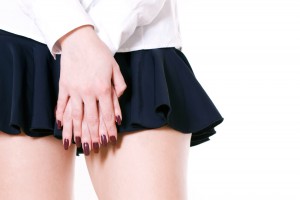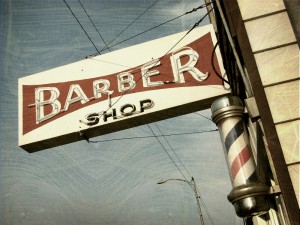Bikini Wax Drama Revisited
Monday, June 22nd, 2009Another bikini wax or Brazilian wax mishap has been highlighted in the news. Women’s Health has an article featured on msnbc.com about a woman, Jennifer, that spent 15 days in the hospital after a bikini wax infection. 15 days!
The article claims she received her wax at a reputable New York salon. After the wax, she developed a 102 degree temperature, chills and pain in her left thigh. Jennifer thought it was just a cold (that’s some cold!) and waited 5 days to go to the doctor.
Well, turns out, it wasn’t a cold. Her doctor diagnosed her with cellulitis – a potentially life-threatening bacterial infection of the skin and underlying tissue. She had surgery to drain the infection and was hooked up to an IV that pumped her full of antibiotics and pain-killers. One doctor even said she could have lost her leg.
So how does this happen? Any procedure, no matter how small or how common, comes with risk. But 15 days in the hospital after a bikini wax! I argue that waiting 5 days to see a doctor with symptoms like that isn’t terribly smart.
I wouldn’t say this is a common occurrence, but it’s not the first time it’s happened. New Jersey even considered outlawing bikini waxes because of problems they were causing. That is why it is so incredibly important to visit educated, licensed estheticians you trust. Ask lots of questions of your esthetician and follow all the pre- and post-wax instructions closely.
These recent Brazilian wax and bikini wax headlines got me thinking. What safety precautions and pre- and post-waxing care techniques are current students learning in esthetician school to avoid these problems? What precautions are salons and spas taking to avoid these mishaps and subsequently getting sued? Has anything changed at the place you attend school or work at – or are the normal safety routines still working?







